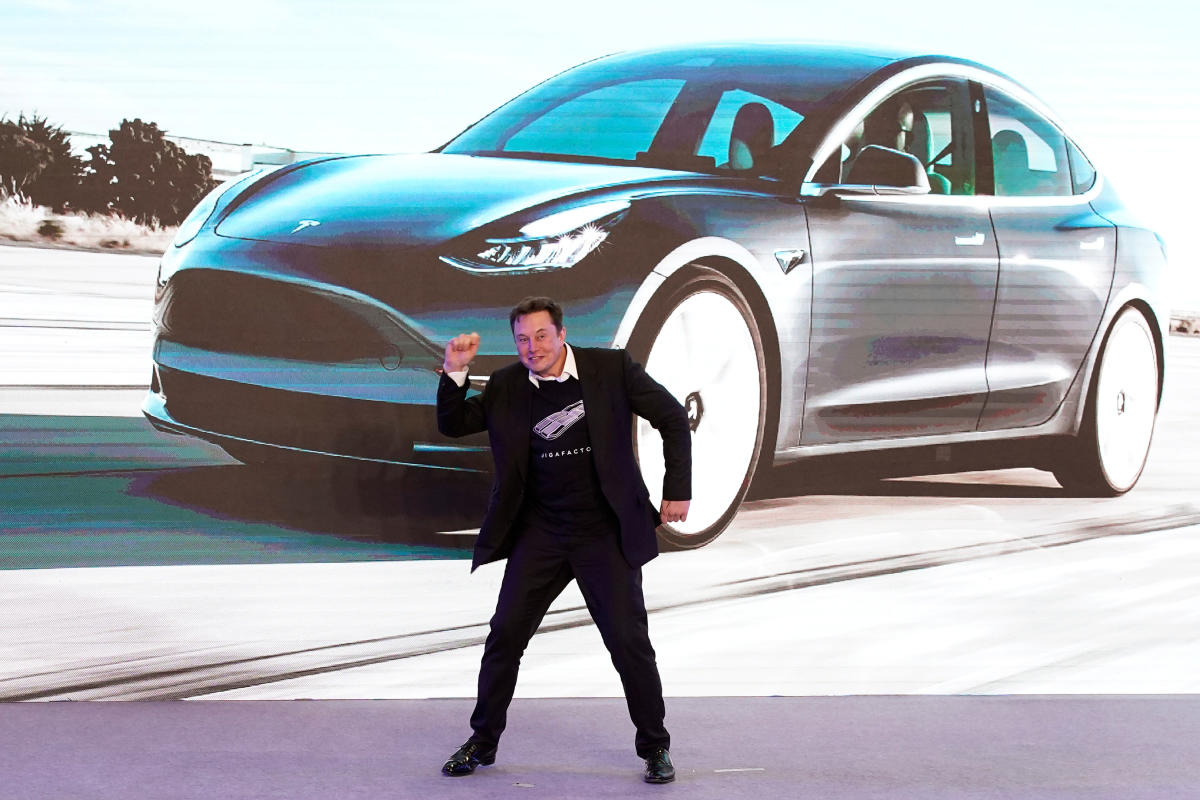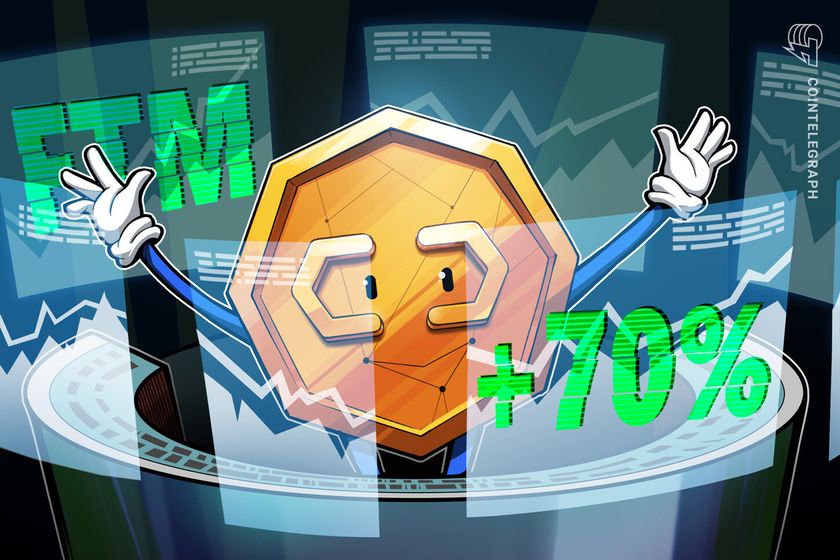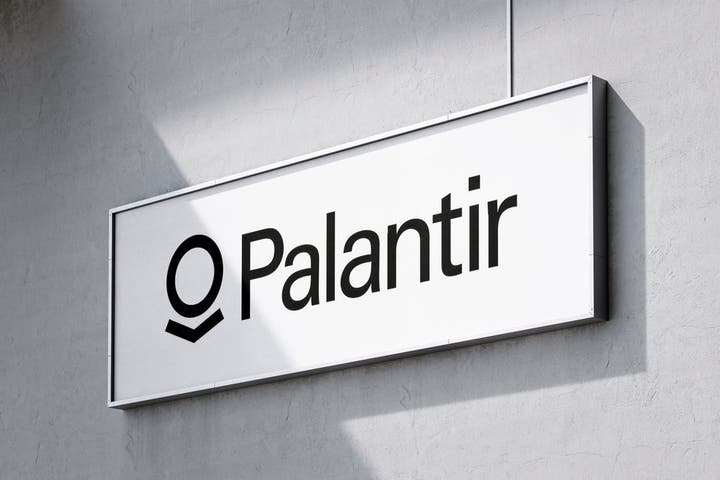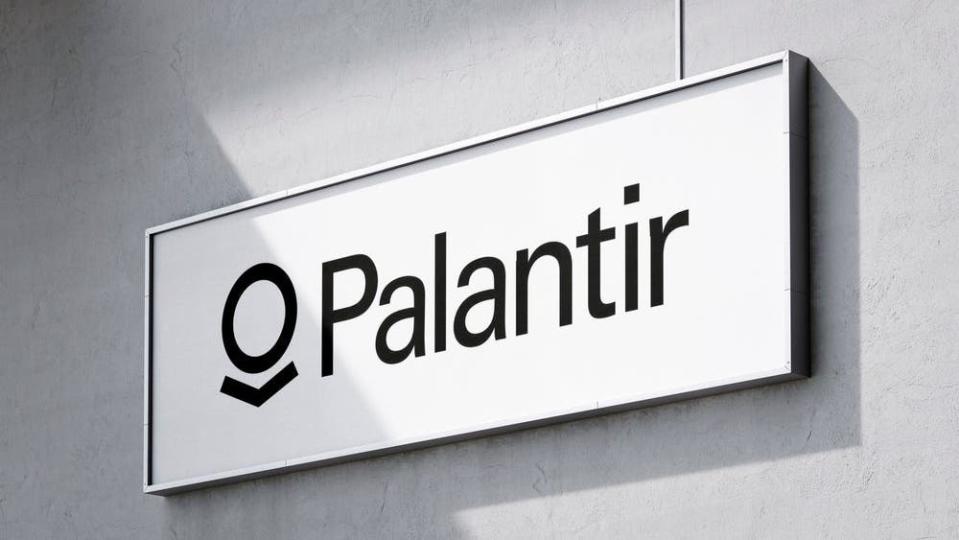This is an audio transcript of the Rachman Review podcast episode: ‘Israel presses its military advantage’
[MUSIC PLAYING]
Gideon Rachman
Hello and welcome to the Rachman Review. I’m Gideon Rachman, chief foreign affairs commentator of the Financial Times. This week’s podcast is about Iran, Israel and the risk of all-out war in the Middle East. My guest is Sanam Vakil, director of the Middle East program at Chatham House here in London. Israeli air strikes on Lebanon are continuing, and Iran has launched a major fusillade of ballistic missiles at Israel. So what are the calculations of all sides in this conflict? And can an all-out regional war still be avoided?
News clip
Iran has launched a barrage of missiles at Israel. The weapons lit up the skies above Tel Aviv and Jerusalem, and there were frequent explosions as they were shot down by Israel’s Iron Dome missile defence system.
Gideon Rachman
Israel has vowed to strike back after Iran’s missile attacks. Iran said that if that happens, it too will strike back. So we’re well into the cycle of escalation and counter-escalation with major questions about the future American involvement in the conflict. I began my conversation with Sanam Vakil by asking if she thinks the cycle of escalation can be broken.
Sanam Vakil
It all depends on where, when and how Israel will respond to Iran’s strike. If Israel is targeted and doesn’t hit Iran’s nuclear facilities, as many are suggesting, or if Israel is careful not to hit Iranian oil facilities or too much infrastructure, there could be a climbdown. And I think that’s really where we need to look in order to understand where we’re going. If civilian areas are targeted, if densely populated parts of the country are being considered in response to Iran hitting Tel Aviv, which was certainly incredibly risky and designed to be not just provocative, but to inflict real harm and damage on Israel, I think we are in risk of serious confrontation that will be hard to walk back from.
And that’s also because Israel . . . but I think most of the world is looking for an opportunity to weaken the Islamic republic. Iran for decades now has been a destabilising regional actor. Of course, it’s got its advanced nuclear program. It has recently sent ballistic missiles alongside drones to Russia. And so this is being perhaps pitched as a historic opportunity to humble the Islamic republic.
Gideon Rachman
OK. We’ll get to whether that opportunity really exists in the moment. But what kind of considerations do you think Iran was making and is making now as it attempted to respond to the almost dismantlement of Hizbollah in Lebanon and the assassination of the Hamas leader in Tehran? How do you think they’ve been thinking about this?
Sanam Vakil
Well, I think it’s important to understand Iran’s position over the past year. When the horrific attacks of October 7th took place, it’s very clear now that Iran was also surprised. Iran has been a patron and a supporter of the axis of resistance groups, Hamas, Hizbollah, the Houthis, popular mobilisation forces in Iraq, as well as backing Bashar al-Assad. But it doesn’t have the command and control of all of these groups. And recently, over the past four years, since the death of the IRGC commander, Qasem Soleimani, the management and co-ordination of the axis of resistance has become much more decentralised.
So in response to the Hamas attacks on October 7th, the axis led by Hizbollah actually, decided to make this an axis issue, not just a Hamas issue. And they piled in on October 8th and began to pressure Israel with attacks that have been ongoing for the past year. And I think what became clear for Tehran is that certainly Israel has two existential issues, a Palestinian issue that it might or might not choose to resolve, but it also has an Iran issue. And the case for taking down the axis of resistance and addressing its security crisis with Iran — which is tied to the axis of resistance — has been mounting and growing for the past year.
So it comes as no surprise, I think, to key individuals in Iran that Israel is trying — and has been quite successful — in decapitating the leadership of the axis of resistance from taking out all of the, you know, rank and file and top three layers of Hizbollah’s command, also targeting Iranian facilities quite precisely in Syria, hitting the Houthis back and showcasing the breadth of Israel’s capabilities. But ultimately, what this all foreshadows is that, perhaps is an Israeli strategy designed to also send some missiles back to Tehran and make it clear that it’s not just the tentacles of the octopus that need to be cut off, but also to paraphrase the Israeli terminology, the octopus’s head.
Gideon Rachman
What is the octopus itself thinking then? Because, you know, as you say, they’ve lost key leaders, in Qasem Soleimani. Their supreme leader Khamenei is very old. There’s a relatively inexperienced new president and then there’s always this question about how much does the Iranian military make decisions on its own? Who’s making the decisions?
Sanam Vakil
Well, Iranian decision-making, particularly on security and foreign policy issues, takes place in an institution known as the Supreme National Security Council, which is composed of the new incoming president and members of his cabinet, alongside IRGC and military leaders, representatives from the Office of the Supreme Leader. Effectively, you have the heads of the formal and informal parts of government, and they put forward recommendations that are then taken forward by the supreme leader, approved or disapproved. Over the past few months since the killing of Ismail Haniyeh — the Hamas leader in Tehran — there has been a growing debate in these circles in Iran as to whether the regime should pursue strategic patience and play the long game or push back and stop what looks like a haemorrhaging and targeting of Iranian assets and personnel across the region. And for the past few months, effectively, those in favour of patience were prevailing. But it looks like the hardliners have won over the debate.
Gideon Rachman
So the hardliners have won, but presumably even they are aware of the risks to Iran. Do you think Iran has a game plan for what happens if, I think seems likely, Israel hits back? I mean, there’s a question of how and when. But let’s say Israel goes for a fairly maximalist response. How much does Iran have left in terms of escalation?
Sanam Vakil
Iran is in a very difficult and defensive position. It doesn’t have the military capacity and conventional capabilities to fight back against Israel that has a quantitative military edge across the entire Middle East. And we should remember that Israel has the full backing and support of the United States that has also mobilised additional forces into the region. So if there is a strategy, it’s very hard to see Iran hit back, I think, deliberately to save its reputation, to also show the axis that it does have skin in the game and try and reassert some red lines. It did say immediately after the attack was finished last night that that’s it for Tehran. But it’s very clear that this is not where it ends. Israel is certainly going to respond and make it clear that if Iran counter-responds to an Israeli attack, that this is gonna get very ugly.
Gideon Rachman
We talked about Iran’s weakness and obviously, Israel’s feeling confident and militant at the moment. But there must be risks for Israel as well. I mean, so far have knocked all these rockets down and the Iron Dome was working well. But these are ballistic missiles, hundreds of them coming at Israel. And the likelihood of one of them striking central Tel Aviv at some point must be fairly high.
Sanam Vakil
Certainly. And Iran provided very little warning. And these ballistic missiles move extremely fast. It takes about 12 minutes, I’ve heard, for them to move from Tehran to Tel Aviv. So this was not like the attack that we saw in April where Iran telegraphed and telephoned everyone and sent very slow-moving surface-to-surface and cruise missiles and drones into Israel. They didn’t give too much warning and time for Centcom to create a joint command structure where other Arab states could also participate. I think we’re in a very difficult moment. And clearly Iran has decided that while maybe there is no strategic off-ramp, by responding, perhaps there is an avenue where there can be greater momentum and push for a ceasefire in some of the other frontiers. Perhaps Arab states can play a diplomatic role?
Gideon Rachman
Arab states? But they have terrible relations with the Arab states.
Sanam Vakil
They don’t have good relations with their neighbours. I think that’s very fair to say. But Iran today is less isolated than it was a number of years ago. It has restored diplomatic ties with almost all regional countries, and so there are now more interlocutors that can prevail upon Tehran, but also pass messages back and forth to bring down the temperature.
Gideon Rachman
And we mentioned obviously, the US plays an absolutely critical role in all this. And, you know, over the years there’s been speculation not just that Israel might attack Iran’s nuclear facilities, but that America might. But, you know, I’m sure we’ve talked to many of the same people over the last year. It’s been pretty clear to me that the Biden administration does not want a major escalation in the Middle East, was urging Israel not to go full force after Hizbollah, but now we are where we are. Biden has come out saying they’re fully behind Israel. How do you think the Americans are seeing it? May they be coming around to the Israeli point of view that this actually is a unique opportunity to take out the axis of resistance, to strike a real blow at the Islamic republic?
Sanam Vakil
I think this is a really concerning moment, not just for the limited US engagement and the metastasising conflicts in the region, but also for regional states as well, who are deeply concerned that the US seems relatively absent, preoccupied obviously with its own election and domestic problems. And President Biden has taken an approach which has been very clear to defend Israel’s security and clearly will not put any further handcuffs on Israel in advance of this US election. The war in Gaza has already caused enough upheaval on US campuses, and clearly Middle East politics have become very partisan in the US on both sides. And so they don’t want this conflict to be a cause for Kamala Harris to lose this election, for example.
But I think we’re in a real existential moment, because if Israel does decide to hit some nuclear facilities, this is where the war will get out of hand, I would imagine, and Iran will escalate. And Iran has made it very clear that if certain infrastructure, from its oil refineries, let alone its nuclear program, are targeted, Iran will export the conflict beyond Iran and not just hit US bases, I would imagine, in Syria and Iraq, but also target its neighbours, Gulf Arab infrastructure as a way of pressuring the US as well as other countries.
Gideon Rachman
Wouldn’t that kind of be signing their own death warrant? If they attack the US directly or they attack the Saudis, then all these countries will say, well, now we have carte blanche to go after the Islamic republic.
Sanam Vakil
I’m with you. It is a death warrant. And that’s why we’re in this dangerous cycle and it doesn’t seem we have any off-ramps. There is a lot of talk taking place on social media, in the media by political leaders also, that seem to be indulging this war footing from Israel without thinking about the consequences.
Gideon Rachman
So what are the consequences? Because I guess, you know, if I were an Israeli, I’ll say, well, the consequence we’re talking about is the overthrow of this regime that none of us like anyway. So that’s good, isn’t it?
Sanam Vakil
I wish it was so simple, Gideon. The last time the international community supported the overthrow of a regime, it didn’t work very well. And 21 years on, from that war, the US is in a very different place. It’s diminished. It has domestic demands and priorities. I think it’s unrealistic for us to get behind this notion of regime change. I can’t imagine western states supporting this in today’s climate. I also can’t imagine regional states supporting this in this climate. So I think we have to have the courage to say that regime change is not on offer. What is on offer? If there’s going to be a cycle of escalation, it has to lead to a cycle of de-escalation. And that’s gonna require clear red lines, deterrence and negotiation, not regime change. Regime change for what? For whom? By whom? It seems really lofty and unrealistic.
Gideon Rachman
Yeah, and in fact, now we’re talking, I remember, I think correctly, that Phil Gordon — who is Harris’s national security adviser — wrote a book with the subtitle The False Promise of Regime Change in the Middle East. So there are Americans who’ve lived through the experiences of Iraq, Afghanistan, etc, and who, at least in theory, are resistant to this notion of regime change. But one sort of feels the train’s rolling a bit towards a very radical attempt to take down the Islamic republic.
Sanam Vakil
I would just say one additional point, that there is clear dissatisfaction, opposition across Iran towards its leadership. We’ve seen that through so many rounds of very fierce and powerful protests from within Iranian society that is organic. There is a legitimacy crisis and Iran’s leadership know it. But wars bring out complicated narratives and complicated emotions. And there is a scenario where Iranian people will rally around the flag in the same way that Lebanese people who are seeing their country face another war with Israel, another occupation by Israel, potentially long-term, who dislike Hizbollah, who see Hizbollah as a destructive destabilising force within the Lebanese system, are fiercely nationalistic in this moment. And that’s important to also consider.
Gideon Rachman
One other major development in a week of incredibly dramatic developments was the death of Hassan Nasrallah, killed by the Israelis. How much can Hizbollah, do you think, function without its long-standing leader?
Sanam Vakil
The death of Hassan Nasrallah is hugely significant. I think he provided a lot of moral but also symbolic leadership for Hizbollah for a number of decades now. And he was particularly close to the Iranian leadership and particularly close to Ali Khamenei, Iran’s supreme leader. That closeness shouldn’t be underestimated because actually, after the death of Qasem Soleimani as well, Hizbollah took an even more important role for Iran’s management of the axis of resistance. Hizbollah was the partner and the co-ordinator in chief in bringing the groups together and coordinating operations around the region.
So his death is a massive blow. Certainly, I think the organisation had prepared for scenarios where he might have been killed along the way. I think the bigger challenge though is that his death comes alongside the killing of three layers of Hizbollah’s leadership. Certainly, there will be a long list of people who will fill shoes of those that have been killed, but they’re untested, they’re unknown and perhaps more ideological than Nasrallah himself. Believe it or not, he was seen to be relatively pragmatic after being the leader of Hizbollah for so long. So this is what’s dangerous about this moment.
Gideon Rachman
Yeah. Let’s finish in the moment on Lebanon. We shouldn’t forget because that’s where the actual war is currently going on, as well as Gaza. But thinking of other things that might happen in this military conflict, sort of regime change, etc. Because Iran doesn’t have great options. But one of the things they’ve discussed over the years is shutting down the oil flows from the west. And are they capable of doing that, at least for a while, because that would obviously disrupt energy markets and cause the petrol price to soar just ahead of the US presidential election?
Sanam Vakil
I mean, there are, I think, a number of scenarios on offer and we’re going to hear a lot of them trotted out over the coming days. But attacks on ships, you know, that’s certainly been under way, led by the Houthis in the Red Sea. I think attacks on infrastructure across the region, oil refineries and the like, pipelines, desalination plants, any kind of infrastructure can be targeted by Iran, but also by the axis of resistance. And it’s important to remember that the axis of resistance is down. It’s certainly degraded, but it hasn’t been destroyed, not in Gaza, not in Lebanon and not in other parts of the Middle East just yet.
Gideon Rachman
Israel is currently at war in Lebanon and in Gaza. Looking at the Lebanese conflict, there are already, according to Lebanese government, you know, thousands of people dead, a million people displaced. Do we have any sense of how that can be put back together again? I mean, is there any possibility that this is, as the Israelis say, a limited ground incursion and that they will feel they’ve done enough damage to Hizbollah and they’ll pull out?
Sanam Vakil
I’m not terribly optimistic, unfortunately. I think there was a moment of opportunity as Israel was foreshadowing a ground invasion and Nasrallah was killed for the Lebanese government to showcase unity, elect a president — they’ve had a caretaker government for quite some time — and try and rebuild a state that hasn’t been cohesive or operational and lobby the international community for a ceasefire.
Instead, I think we’re in a bit of a rinse and repeat moment. I’m deeply worried that what Israel is trying to execute in Lebanon will look to a certain degree like what we’ve seen in Gaza. Mind you, there’s only supposedly one battalion in, but that Israel will occupy a good portion of southern Lebanon, obviously with the aim of achieving UN Security Council Resolution 1701, creating a buffer zone and making sure all threats are pushed back to the Litani river. But that would mean the long-term Israeli presence in another country, breaches of sovereignty and, of course, deep political and economic damage. Let’s not forget the huge loss of life, displacement for Lebanese citizens that nobody is really discussing.
Gideon Rachman
Yeah. And the other thing that people have stopped discussing for a moment is Gaza, which presumably, the conflict continues there will be at a slightly lower intensity, but it’s not over yet by any means, is it?
Sanam Vakil
Absolutely. We are at the tragic one-year milestone of the Hamas attacks and the war. And nobody is talking about Gaza, which I think is really troubling and scary because there we have seen millions displaced, again, 41,000 people killed by official count, and no plan, no discussion of a ceasefire, let alone what comes next. Arab states are trying to get ahead of it, trying to reinvigorate some discussion. The Jordanian president last Friday at the UN again tried to challenge Israel to think about the future, dangling the promise of regional integration and the promise of peace in the region, if and only if they could consider the prospect of Palestinians and Palestinian statehood. Netanyahu spoke at the United Nations and didn’t mention the word Palestine once, and I think that is striking. And that in itself is the problem. Israel has not achieved security through a military conflict. And over and over again, decade after decade, it has proven its military prowess. It has quantitative military edge. But what it doesn’t have is security. And that can only be granted through negotiations, through a peace process, through investment in another way of thinking. And that still hasn’t come to light one year on.
Gideon Rachman
And in fact, if anything, it seems to be going the other way. I mean, the peace party in Israel or suddenly the two-state solution party is more or less collapsed, doesn’t it?
Sanam Vakil
Yes, there is no discussion. At least openly, in the public domain, about a two-state solution. There is no discussion about a solution. And that’s shocking but important to lay out there. Israel is one year on addressing its security, and Netanyahu has tried to rehabilitate himself and in fact, he has to a certain degree. And he’s brought more parties into his coalition. And he looks like he’s personally on stronger footing.
But is Israel more secure today? I think not. That can only be achieved not through the barrel of a gun or through missiles as wars are executed today. Again, that can only happen through the hard work at a negotiating table and acknowledging that they have a domestic Palestinian security crisis that needs to be resolved. It’s worthwhile noting that there was an attack in Jaffa on Tuesday in Israel where Israeli citizens were killed. And this is not going away. You can degrade and decapitate Hizbollah. You can kill Hamas’s leadership. What you’re not doing is closing down the conflicts, addressing the structural challenges across the region that would give people hope, avenue for a better political future, economic prosperity. And that comes through self-determination, and that comes through the empowerment of people on the ground, not through a militarisation of conflict.
Gideon Rachman
Last question, though. I don’t think the US government would really disagree with what you just laid out. That more or less is their position, and yet they seem curiously powerless for the world’s sole superpower. I mean, it’s Israel that’s driving events, really, not the Biden administration.
Sanam Vakil
I think that most governments theoretically agree with this scenario. The reality is, of course, that it’s very hard to impose these solutions on your partners and allies. The US, of course, is less influential or unwilling to be more influential in this moment, as we previously discussed. But I think that political settlements are hard to achieve. Hard to achieve in four-year electoral cycles. They require strategy, they require investment, they require partnership and sustained co-operation. And that’s hard to sell, I think, in the west, in the UK, in Europe and in the United States. Everyone is looking to Washington, hoping that the next US president will take a bigger role, will take the lead in trying to solve some of these conflicts. But I don’t think that Washington alone can bear that burden. We have seen the US pull back and reprioritise, and it’s calling on its allies and partners to share the burden. And I think that the time is now for burden sharing.
[MUSIC PLAYING]
Gideon Rachman
That was Sanam Vakil of Chatham House, ending this edition of the Rachman Review. Thanks for listening and please join me again next week.











































































































































You must be logged in to post a comment Login